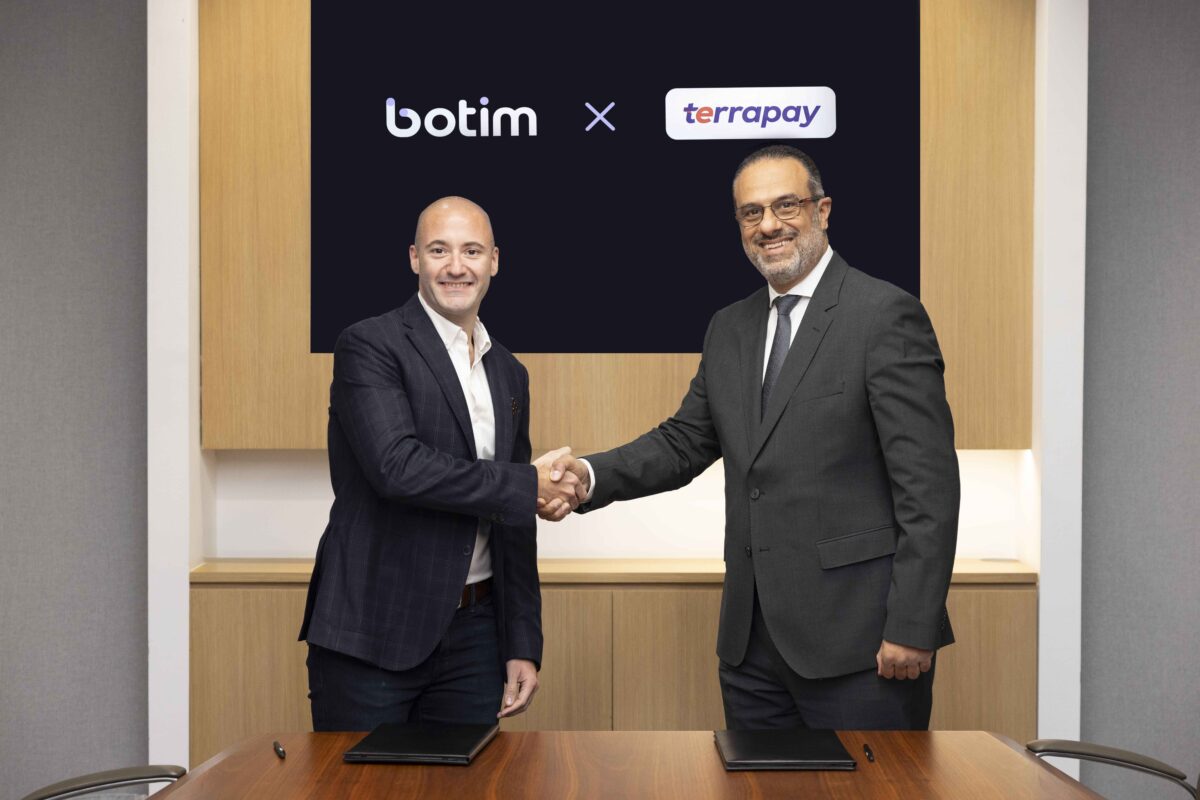How much risk can you handle?
Entrepreneurship isn’t for everyone.
There’s no shame here; I’ve seen the most stellar ideas fail because entrepreneurs couldn’t bear the burdens, hardships, and heartache when the business didn’t go according to plan.
I started my company in 2009. I know what it takes. In addition, one hundred percent of my clients are entrepreneurs in what I would argue is still the wild, wild West — large-scale, commercial real estate development. I’ve seen fortunes made and fortunes lost.
The twelve questions I’ll ask you in this article don’t apply just to real estate; they apply to technology, private equity, venture capital, or any other industry.
Answer these questions honestly because your success or failure may come down to just one thing — your ability to stomach RISK.
Risk is the price you pay
In 2009 I started a commercial real estate investment banking and investment business; it’s the capstone of years of experience working with and working in entrepreneurial and institutional firms. I’ve worked for large and small companies, private and public companies, and survived the boom and bust of economic swings.
I’ve concluded that to be a successful entrepreneur, you need to be a little different, and I mean that in a good way. The most successful entrepreneurs I’ve worked with have a “quirk” to them. They’re not easy to get along with, they’re not easy to talk to, and they’re impossible to manage because they’re not willing to let ANYTHING get in the way of their dream.
Entrepreneurs are visionaries, they see a future for themselves that others can’t see, and risk is simply the price they must pay to realize their vision.
So, it’s gut-check time. How much risk are you willing to stomach to achieve your entrepreneurial dream?
Do you know your risk appetite?
Risk is relative. One person’s thrill ride is another person’s heart attack.
Soon after I started my business, I advised a developer on closing a large construction loan on a new hotel. I drove home from the closing dinner with the lender’s Senior Vice President, who turned to me and said,
Greg, I could never do what you do. You take so much risk. Your income totally rides on your success.
I was honestly dumbfounded and almost laughed out loud. Risk, I thought, but you’re the one who has all the risk. You work for the man. Your boss can wake up on the wrong side of the bed and fire you. Your employment depends upon a cookie-cutter product you don’t control. You have no say over your time because the layers of bosses above you tell you how high to jump. And besides, your bank is a takeover target!
Where he saw risk and uncertainty, I saw my business in a completely different light, for I could:
- Diversify my risk through employment by multiple clients.
- Navigate market swings by nimbly adjusting our products and services.
- Choose assignments and clients that would yield the highest return on effort.
- Spend time efficiently without the burden of wasteful meetings and politics.
- Work with partners and colleagues that I love to work with.
- Provide the highest level of service without the pressures of near-term profitability.
- Enjoy unlimited earning potential not governed by the man behind the curtain.
- Generate income and wealth through both an advisory and real estate investment business.
Me, taking more risk? I didn’t think so!
How much risk can you handle?
So how do you know if you’re ready to take on the risk of being an entrepreneur?
You must understand the time, effort, stress, and investment you’ll need to make to succeed. You’ll need to wake up every morning in total and complete fear that you’ll fail. You’ll need an unquenchable fire in your belly to fight the unexpected battles that threaten to blow up your dream.
Entrepreneurs are entrepreneurs because they can stomach all sorts of risks. Here are a few of the biggies:
- Financial: Risk of losing your investment, and possibly investor money, if the business fails. I’ve seen numerous clients go through both corporate and personal bankruptcy.
- Personal: Starting and managing a business is stressful. It takes a toll on your mental, physical, and spiritual health.
- Relational: Entrepreneurship is time-consuming; it’s not a 9–5 job. The time and stress of the business can negatively impact your marriage, family, and social relationships.
- Emotional: Entrepreneurship can be very self-rewarding and self-destructive as we tend to tie our success to our identity. Failure can lead to depression and worse.
- Reputational: Failure or a lack of success can hurt your image within an industry and your status within personal and social circles.
- Market: Competition and economic cycles can quickly affect the demand and profitability for your product or service.
- Operational: Human resource, supply chain, regulatory, marketing, and equipment risks can be challenging to predict and costly to fix.
- Legal: You can count on being sued by customers, employees, and competitors for unexpected reasons.
If you’re accustomed to and happy playing in a neat little sandbox where things are done at little risk to yourself, and you’re not willing to handle those risks, don’t become an entrepreneur.
12 questions to ask yourself before you take the plunge
As you dream your big entrepreneurial dreams, don’t just think about the rewards; think about the risks. Entrepreneurship is not something you default into; it’s a path you choose because you’re meant to do it. It’s what you’ve always wanted. It’s what will give your life energy and excitement.
Remember, you can have the best business plan and the most favorable market environment, but you’ll probably fail if you can’t stomach the risks of starting and running a new business. Do some serious navel gazing and ask yourself the following questions:
- Am I 100% committed to the success of my new business?
- Am I willing to sacrifice aspects of my personal life, such as my marriage, family time, and social relationships?
- How long am I willing and able to live without making any money?
- Can I invest in my business when no cash comes in?
- How much of my savings and net worth am I willing to lose before I pull the plug?
- Does my family understand the risks I’m taking, and will they support me when the unexpected happens?
- How will I respond if the economy or market unexpectedly moves against me?
- Do I understand the potential market, financial, operational, and legal risks that I’ll face, and do I have a plan for mitigating those risks?
- Am I willing to risk my ego by asking potential clients and investors for their support, business, and money?
- Do I have a support system to turn to when results don’t go according to plan?
- Am I mentally, physically, and spiritually prepared to handle the pressures of putting it all on the line?
- Am I willing to handle the professional and industry fallout if my business doesn’t succeed?
Wrapping it up
Success in creating your own business is one of the most enjoyable and rewarding things you can ever do. But breaking out on your own and shouldering the risks is not for the faint of heart. You need to hope for the best and plan for the worst because nothing ever goes as planned.
There will be many sleepless nights. There will be many mornings when you wake up to a pounding heart. There will be many days when you’ll be tempted to throw in the towel.
Your ability to shoulder and carry the risk will bring you entrepreneurial success. It’s the superpower that will propel you forward and help you stay the course.
So, think about and plan for the risks you’ll take. And make sure you have the financial, emotional, and physical strength to weather the uncertainties and setbacks.
In closing, let the Roman poet Virgil give you some encouragement,
“audentes Fortuna iuvat.”
Fortune favors the bold.





































